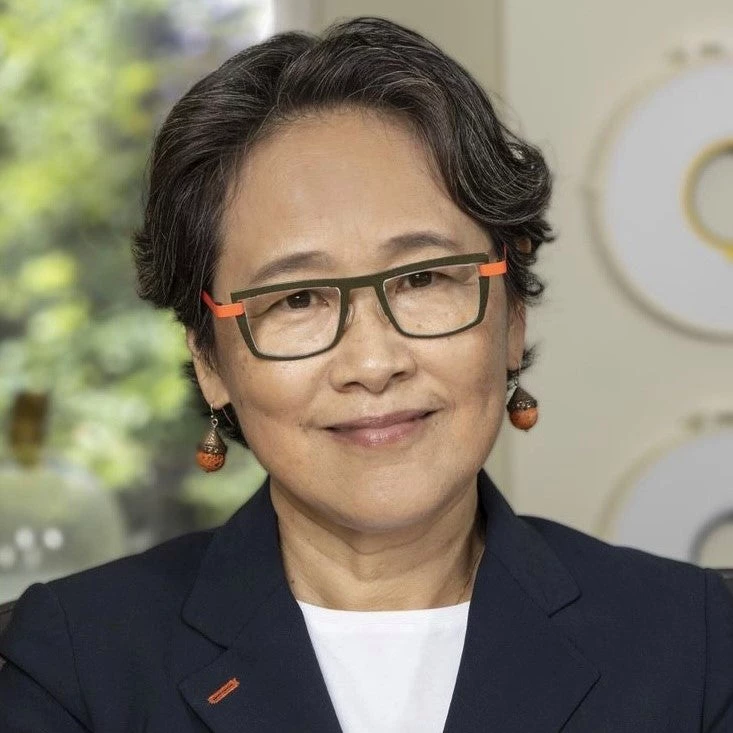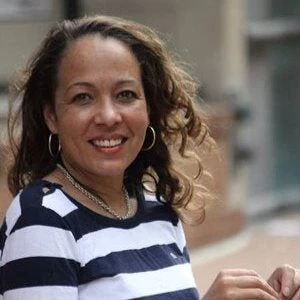 Portrait of cute boy sitting in wheelchair against library shelf by wavebreakmedia.
Portrait of cute boy sitting in wheelchair against library shelf by wavebreakmedia.
On December 3, the International Day of Persons with Disabilities, we recognize the one billion people worldwide—15% of the world population—who experience some form of disability. Despite the fact that disability affects almost one in every six people among us, many of those experiencing disability still remain excluded from fully participating in social and economic opportunities due to the lack of a proper physical environment, government services, assistive devices, and technologies.
Data is the key to identifying challenges and solutions that can improve the lives of persons with disabilities. Unfortunately, it’s often the case that the areas where we most need data are exactly those where we find significant data gaps—it’s true for gender, for those affected by conflict, for migrants, and it’s true for information about disability as well.
In an effort to close some of those gaps, the Global Disability Summit in July 2018 recognized the importance of capturing more and better data on disability with its Inclusive Data Charter. The World Bank is a signatory to the Inclusive Data Charter. At the Summit, the World Bank Group also announced its new commitments on disability inclusion to accelerate global action for disability-inclusive development, including a specific goal towards increasing disability data.
So, what have we been doing, and what should you look out for in 2020? Among other things, various teams at the World Bank have been incorporating disability questions into household surveys, censuses, information management systems, and more. Some of those initiatives include:
- Women, Business and the Law
The Women, Business and the Law project, which explores how laws and regulations promote women’s employment and entrepreneurship, has added questions on whether a country’s constitution or other laws guarantee and protect the rights of persons with disabilities, including women with disabilities. This data can be used to study the legal protections for women with disabilities around the world, documenting important data points for future legislation and advocacy efforts.
- Guidebook for disability modules in household surveys
The Living Standards Measurement Study (LSMS) program, which conducts research and builds capacity on improving household surveys, has been working with Social Development’s Global Disability Team to develop a guidebook for WB staff and survey practitioners on how to collect high-quality individual-level survey data on disabilities. The guidebook offers guidance on incorporating the Washington Group Short Set disability questionnaire (known as the WG-SS) into multi-topic household surveys, enabling analysis on issues such as whether persons with disabilities have access to equal opportunities for work and school.
- Collecting, compiling, and sharing disability data
The Poverty Global Practice and the Development Data Group, among others, have been supporting the inclusion of the WG-SS questions into several upcoming household surveys and censuses, including in Armenia, Guatemala, Malaysia, Maldives, Kyrgyz Republic, and Tajikistan. We’ve also been conducting analysis on disability data collected in previous household surveys to compile new disability indicators. There’s also a new Global Education Policy Dashboard launching in 2020, which will monitor whether country education policies are oriented towards learning for all children. The dashboard specifically captures several disability-related topics, including accessibility of facilities and learning materials, as well as teacher training and ability assessments.
- Including disability in management information systems
The Education Global Practice and the Development Data Group have also been working with countries like Guatemala and Nicaragua to integrate disability data into their Education Management Information Systems (EMIS), assisting with the design and delivery of educational services across the country. These systems employ the latest international guidelines—a Module on Child Functioning developed jointly by the Washington Group and UNICEF—to improve learning for children with disabilities and monitor whether national school systems are meeting their needs. The Disability-inclusive Education in Africa Program and the Inclusive Education Initiative trust funds are funding analytical activities to improve the collection and availability of data on the educational participation and outcomes of children with disabilities and technical assistance to countries on strengthening inclusive EMIS.

Photo: Denis Kuvaev/Shutterstock
To meet the World Bank’s twin goals of ending poverty and boosting shared prosperity, we need all people to be included and counted. Collecting more and better data on persons with disabilities is critical to inform evidence-based decision-making to improve their opportunities and wellbeing. Beyond that, it enables inclusive, sustainable development across all sectors, from the economy and education to gender equality and citizen participation. Collecting better data that can contribute to improving the lives of persons with disabilities isn’t just something we should celebrate on December 3, it’s something we work towards year-round.
Want to join us? Learn more about how you can incorporate disability-inclusive development into your own work!





Join the Conversation